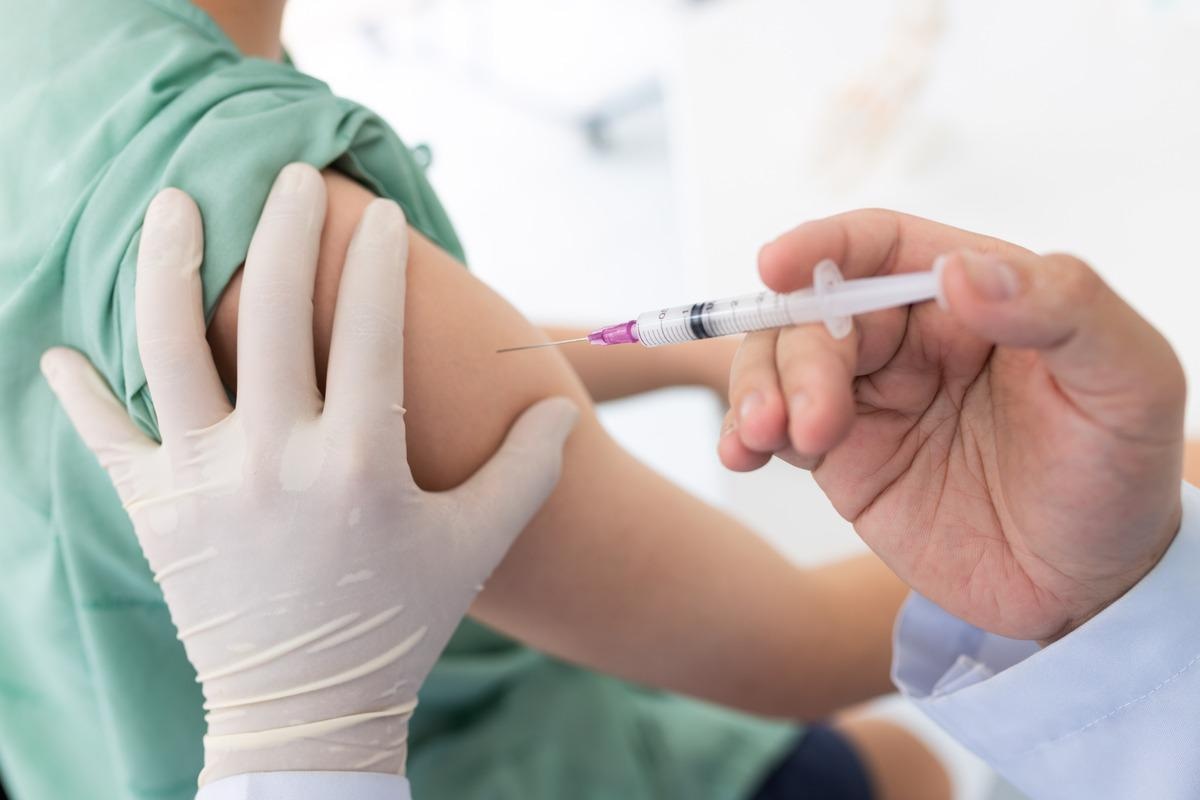In a recent preprint study posted to the bioRxiv* preprint server, researchers evaluated antibody neutralization of the severe acute respiratory syndrome-associated coronavirus disease 2 (SARS-CoV-2) Omicron variant by testing the serum from convalescent coronavirus disease 2019 (COVID-19) individuals and inactivated or protein subunit vaccine recipients.
 Study: Reduced sera neutralization to Omicron SARS-CoV-2 by both inactivated and protein subunit vaccines and the convalescents. Image Credit: Tong_stocker/Shutterstock
Study: Reduced sera neutralization to Omicron SARS-CoV-2 by both inactivated and protein subunit vaccines and the convalescents. Image Credit: Tong_stocker/Shutterstock
Significance of Omicron variant

 *Important notice: bioRxiv publishes preliminary scientific reports that are not peer-reviewed and, therefore, should not be regarded as conclusive, guide clinical practice/health-related behavior, or treated as established information.
*Important notice: bioRxiv publishes preliminary scientific reports that are not peer-reviewed and, therefore, should not be regarded as conclusive, guide clinical practice/health-related behavior, or treated as established information.
The ongoing COVID-19 pandemic caused by SARS-CoV-2 is a major threat to public health across the world. On November 24, 2021, the first case of the SARS-CoV-2 Omicron variant of concern (VOC) was reported and soon after, Omicron cases were reported across 58 countries and regions worldwide.
The reduced antibody neutralization of the Omicron variant is of concern as they have 32 spike (S) protein mutations with 15 of them in the receptor-binding domain (RBD). The efficiency of COVID-19 vaccines in clinical use against the Omicron variant needs to be evaluated as the new strain spreads rapidly.
The study
The present study, conducted in China, determined the serum antibody neutralizing capacity against the Omicron variant. The serum antibodies from 16 convalescent COVID-19 patients and those who received either protein subunit or inactivated COVID-19 vaccines were evaluated for the binding antibody titers and neutralization antibody titers.
The vaccines received by the participants include CoronaVac from Sinovac, or ZF2001 from Zhifei longcom, or BBIBP-CoV from Sinopharm, where ZF2001 is a protein subunit vaccine and the other two are inactivated COVID-19 vaccines. The vaccine recipients included in the study had received three doses of either protein subunit or inactivated COVID-19 vaccines.
Serum from ZF2001 vaccines were divided into two groups: individuals with a shorter duration between the second and third vaccine doses (vaccine shots at zero, one, and two months) and individuals with a longer duration between the doses (vaccine shots at zero, one, and around five months). Those who received inactivated COVID-19 vaccines had their third dose after six months of the second dose.
The binding antibody titers (IgG) from the serum samples were analyzed with trimeric S proteins of Omicron or SARS-CoV-2 prototype (WH-01) using enzyme-linked immunoassay (ELISA). Similarly, the binding of NAb in serum samples against VOCs including Omicron, Alpha, Beta, and Delta and SARS-CoV-2 prototype (WH-01) were tested by pseudovirus neutralization assay and were repeated twice.
Results
The results of the pseudovirus neutralization assay show that the serum antibodies in 15 out of 16 convalescent patients were negative for Nabs against the Omicron variant, while the neutralizing capacity was substantially better preserved in vaccine recipients.
The neutralizing capacity against Omicron was preserved in 62.5% of participants who received a three-dose inactivated vaccine regimen, 56.25% of participants from the ZF2001 vaccine group with a shorter duration between the second and third doses, whereas the neutralizing capacity was preserved in 100% of the ZF2001 vaccine group with four to six months duration between the second and third dose.
When NAb titer against Omicron variant was compared to the SARS-CoV-2 prototype, convalescent patients had a 17.4 times reduction, the ZF2001 vaccine group with a shorter duration between the second and third doses had a 10.6 times reduction, the inactivated vaccine group had a 5.1 times reduction, and the ZF2001 vaccine group with four to six months duration between the second and third dose had only a 3.1-fold reduction from SARS-CoV-2 prototype to Omicron variant.
The binding antibody titers against the SARS-CoV-2 Omicron variant in the three-dose inactivated vaccine group had no significant decline, whereas that in the two groups of ZF2001 vaccine recipients showed a significant decrease when analyzed by the ELISA test.
Conclusions
The findings indicate that antibody neutralization against the Omicron variant is lower in convalescent COVID-19 patients compared to those who received a three-dose regimen of either inactivated or protein subunit vaccines. The ZF2001 vaccine recipients with longer periods between second and third doses showed 100% neutralization against the Omicron variant.
Based on the findings, the authors proposed a multi-boost vaccine strategy with a longer duration between the second and third dose, as that would be beneficial in acquiring immunity against severely mutated SARS-CoV-2 variants including the Omicron variant.
Overall, the study recommends a booster dose of vaccine for those who had received a two-dose vaccine regimen and SARS-CoV-2 convalescent patients. In the case of vaccines like ZF2001, BBIBP-CoV, and CoronaVac that have a three-dose regimen, an extended duration between the second and third dose is recommended. Further studies with real-world information are required to determine the need for next-generation vaccines with vast protection.

 *Important notice: bioRxiv publishes preliminary scientific reports that are not peer-reviewed and, therefore, should not be regarded as conclusive, guide clinical practice/health-related behavior, or treated as established information.
*Important notice: bioRxiv publishes preliminary scientific reports that are not peer-reviewed and, therefore, should not be regarded as conclusive, guide clinical practice/health-related behavior, or treated as established information.